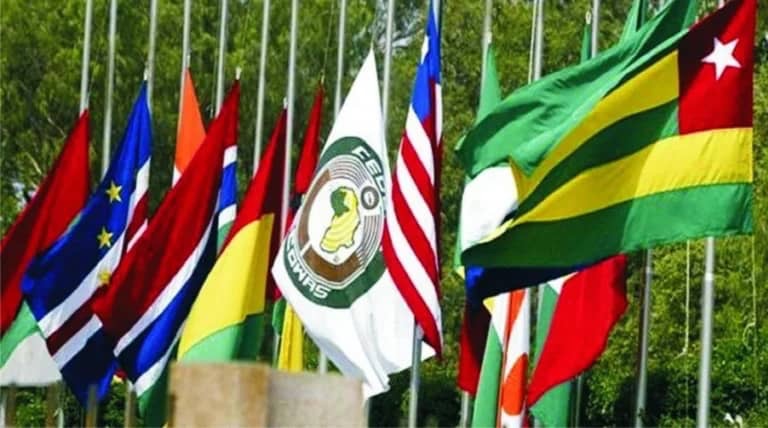The Economic Community of West African States (ECOWAS) is bracing for a significant shift as Mali, Niger, and Burkina Faso formally withdraw from the regional bloc on Wednesday.
This move marks the culmination of a year-long process that began with the three countries’ notification of their intention to leave ECOWAS.
The withdrawal is a result of simmering tensions between the three nations, all led by military regimes, and ECOWAS. The regional organization had imposed sanctions on the countries following coups that brought their current leaders to power. Mali, Niger, and Burkina Faso have accused ECOWAS of being subservient to France, their former colonial ruler, and of failing to provide adequate support in their fight against jihadist violence.
In response to their withdrawal, the three countries have formed a new alliance, the Alliance of Sahel States (AES). They have also announced plans to introduce a common passport and establish a unified army of 5,000 soldiers to combat terrorism.
The exit of these three founding members is expected to weaken ECOWAS’s ability to regulate political crises in the region. According to Gilles Yabi, founder of the West African think tank Wathi, this development will have significant implications for regional stability and cooperation.
As Mali, Niger, and Burkina Faso embark on a new path, the future of ECOWAS and regional dynamics in West Africa remain uncertain.




